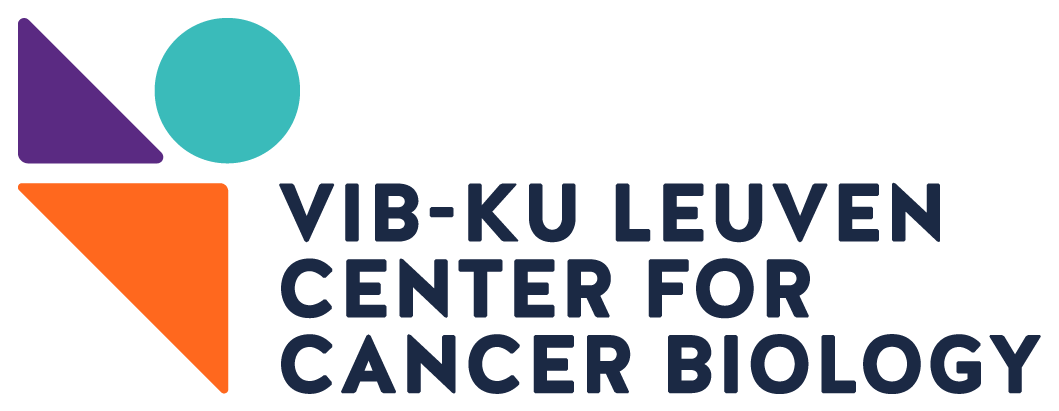Biosketch

Peter Carmeliet, MD 1984, PhD 1989 (KU Leuven) is head of the Laboratory of Angiogenesis and Vascular Metabolism and former director of the VIB-KU Leuven Center for Cancer Biology. He performed a postdoc at the Whitehead Institute, MIT Cambridge USA. In 1992 he started his own research group, focusing on how blood vessels grow (angiogenesis) in health and disease. He published 786 papers (115,332 citations, h-index 163).(Web of Science)
He currently studies how endothelial cells (EC) change their metabolism during vascular branching, exploring the therapeutic potential of targeting EC metabolism for anti-angiogenic strategies. The role of several key metabolic targets in EC biology and angiogenesis in vivo is under investigation.
Peter won various awards, including the Francqui Prize in Biological and Medical Sciences (2002), the Ernst Jung Prize in Medicine (2010) and the Heineken Prize for Medicine (2018). In 2015 King Filip of Belgium granted him the Noble title of ‘Baron’. In April 2021 he was elected as an International Honorary Member of the prestigious American Academy of Arts & Sciences (AAAS).
Peter Carmeliet's laboratory is focusing on unraveling the molecular and cellular basis of the formation of blood vessels (angiogenesis) in health and disease, and in particular the role of vascular heterogeneity and vascular metabolism herein. Abnormal blood vessel growth, excessive or insufficient, contributes to multiple disorders, including cancer, age-related blindness, stroke, diabetes, etc. Our ambition is to identify novel therapeutic pro- or anti-angiogenic treatments.
Latest findings indicate that the efficacy of current anti-angiogenic therapy (targeting VEGF) in cancer is limited by intrinsic refractoriness and acquired drug resistance. There is thus an urgent medical need to improve clinical anti-angiogenic therapy. To remedy this problem, Peter Carmeliet’s team uses a fundamentally distinct approach and pioneered the study of endothelial cell (EC) metabolism during angiogenesis, hypothesizing that targeting the metabolic “engine” of ECs would paralyze blood vessel growth and normalize tumor vessels. The role of several key metabolic targets in endothelial cell biology and tumor angiogenesis are currently studied, also at the single cell level.
The Carmeliet lab is also interested in unraveling the molecular basis of EC dysfunction and EC regeneration. EC dysfunction is of utmost importance in diseases such as diabetes, metabolic syndrome, etc., as it is a key determinant of cardiovascular morbidity and mortality, even when glycemia levels are under control. In fact, when becoming dysfunctional, the endothelium contributes to more (cardiovascular) diseases than any other cell type.
The team applies standard (conditional gene targeting/silencing/overexpression) as well as sophisticated novel disruptive high-throughput multi-omics approaches (bulk and scRNAseq, scG&T, scATAC; metabolomics, etc.) and computational modeling, both for hypothesis generation and hypothesis testing experiments. For instance, successful efforts in generating a single cell transcriptome atlas of ECs from various healthy and pathological (including tumor) tissues from preclinical models and clinical samples has revealed the existence of previously unknown EC subtypes, including ECs with a resident endothelial stem cell signature, and EC with a putative immunosurveillance role, key findings being taken into further investigation. In addition, EC-specific Genome scale metabolic models (GEM) were generated and successfully used to predict metabolic enzymes/pathways essential for endothelial cell growth.

